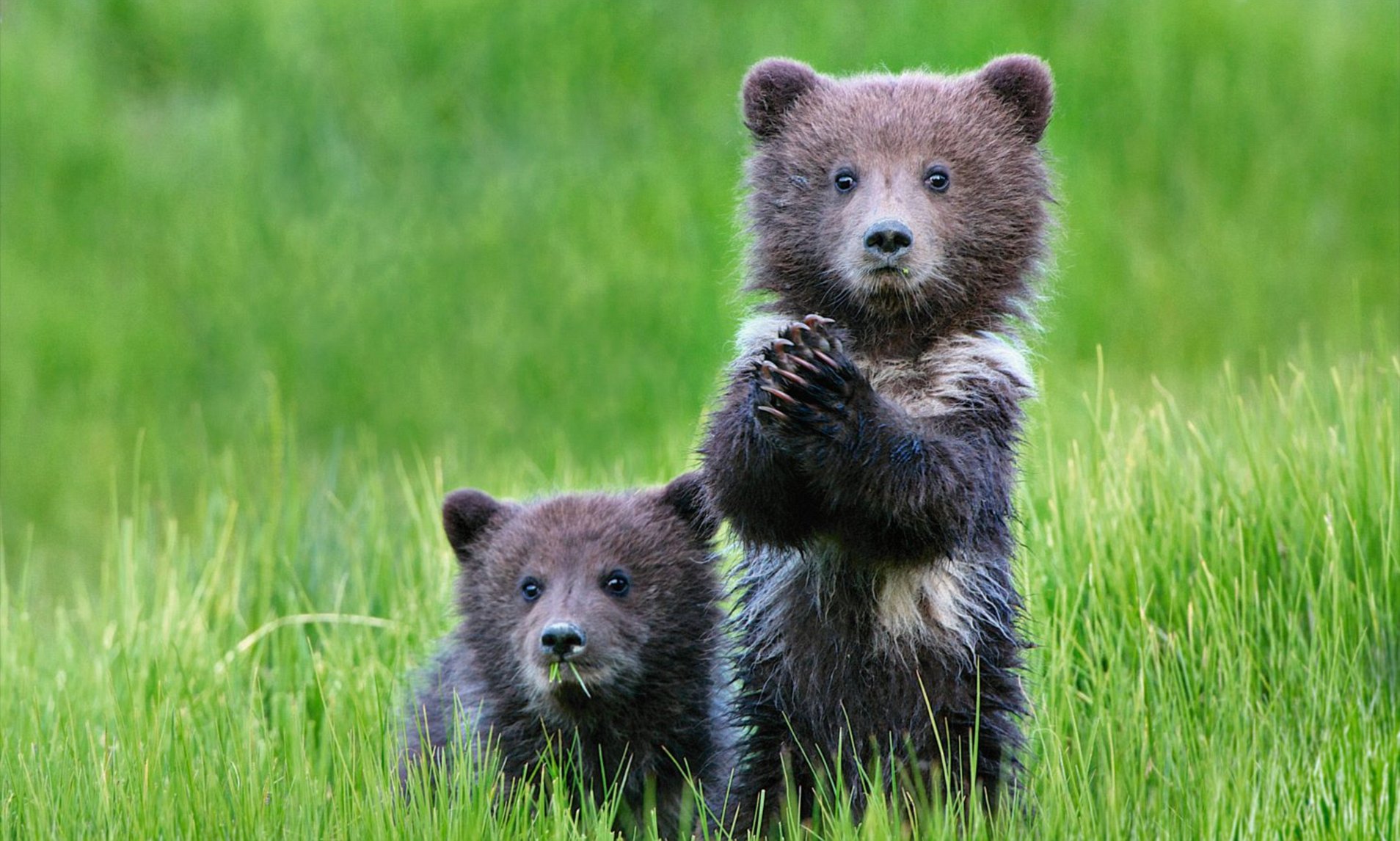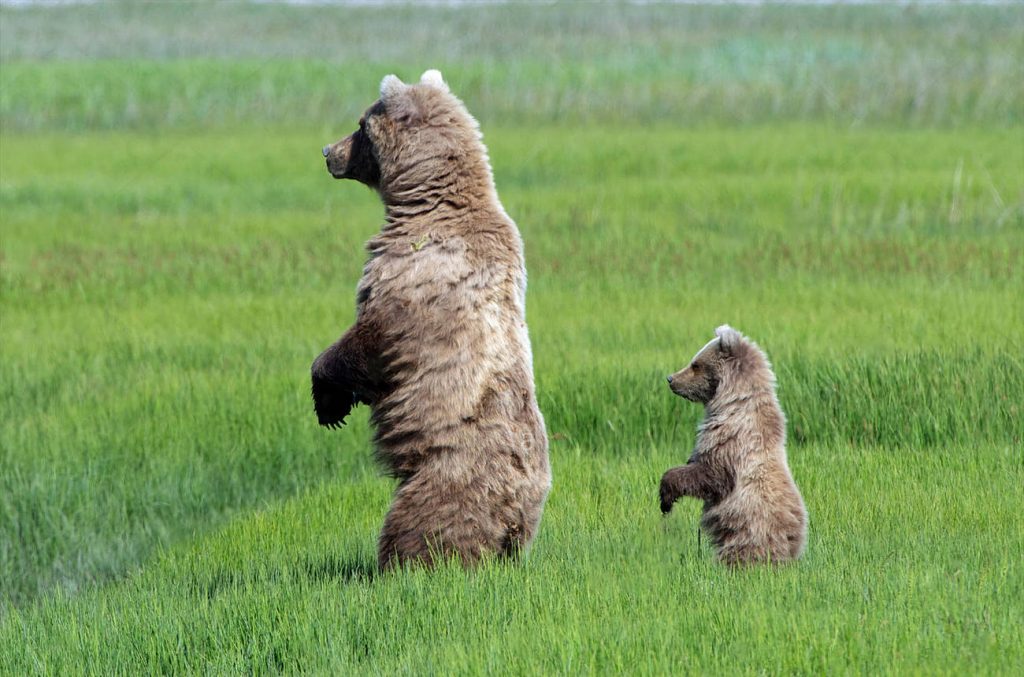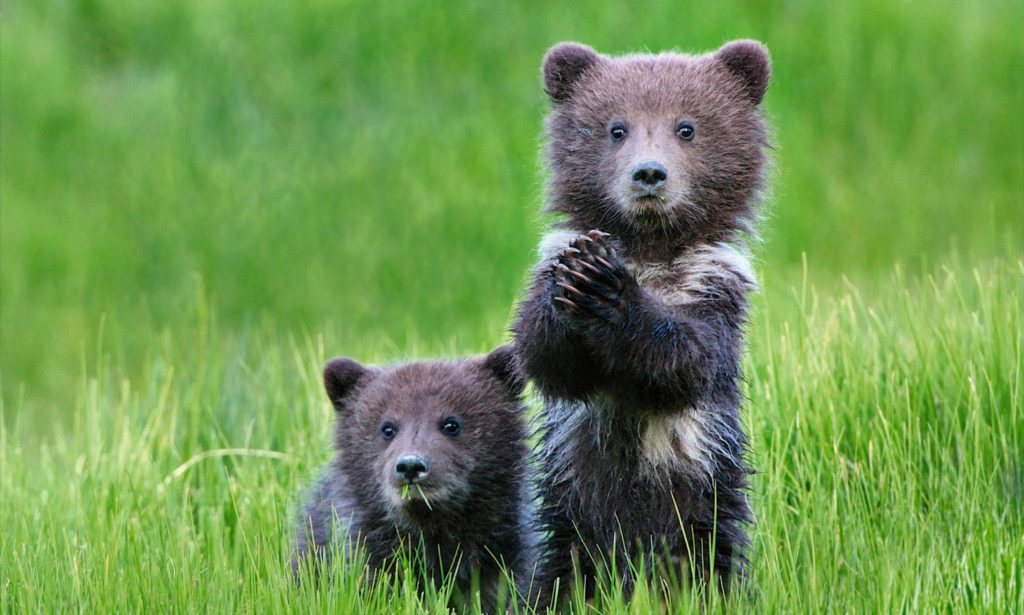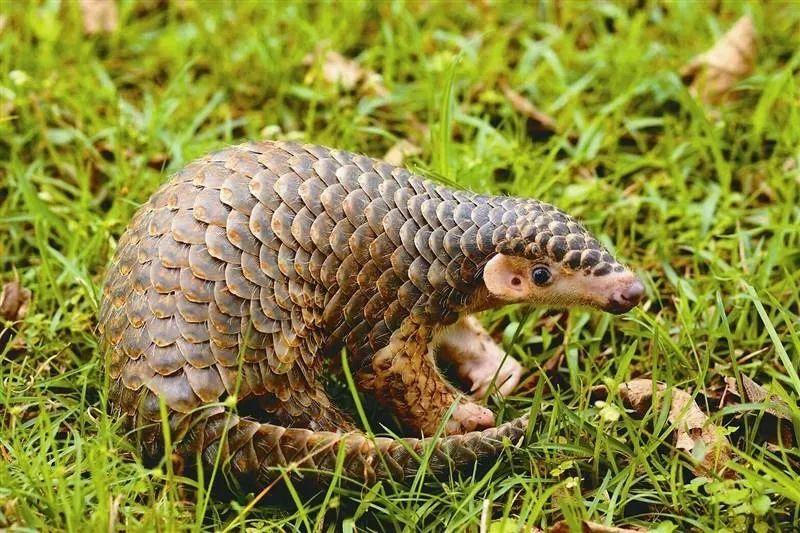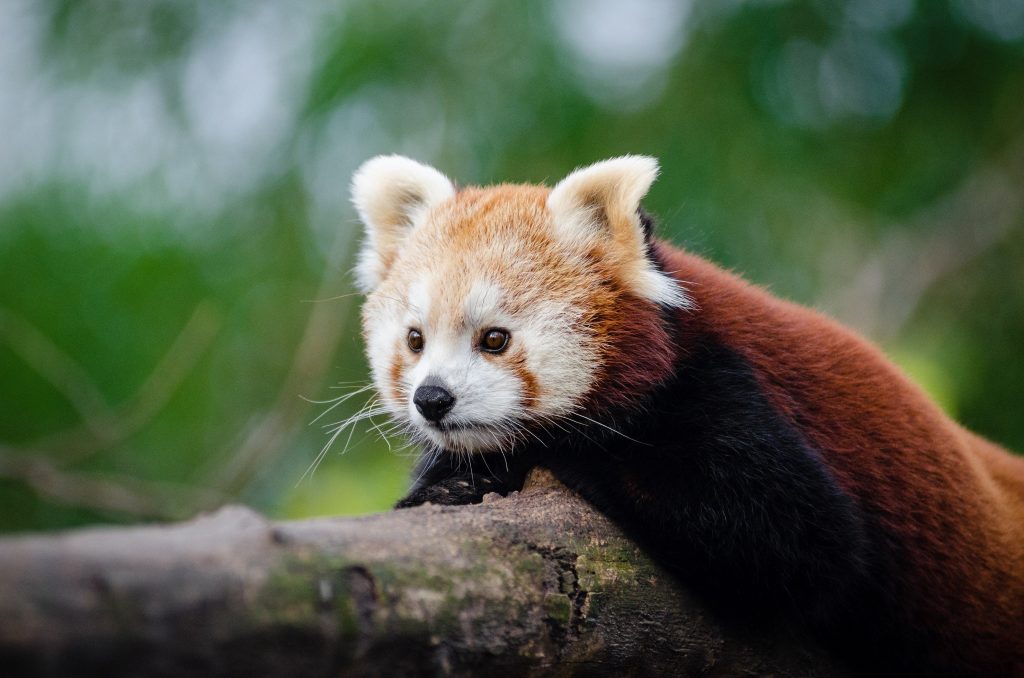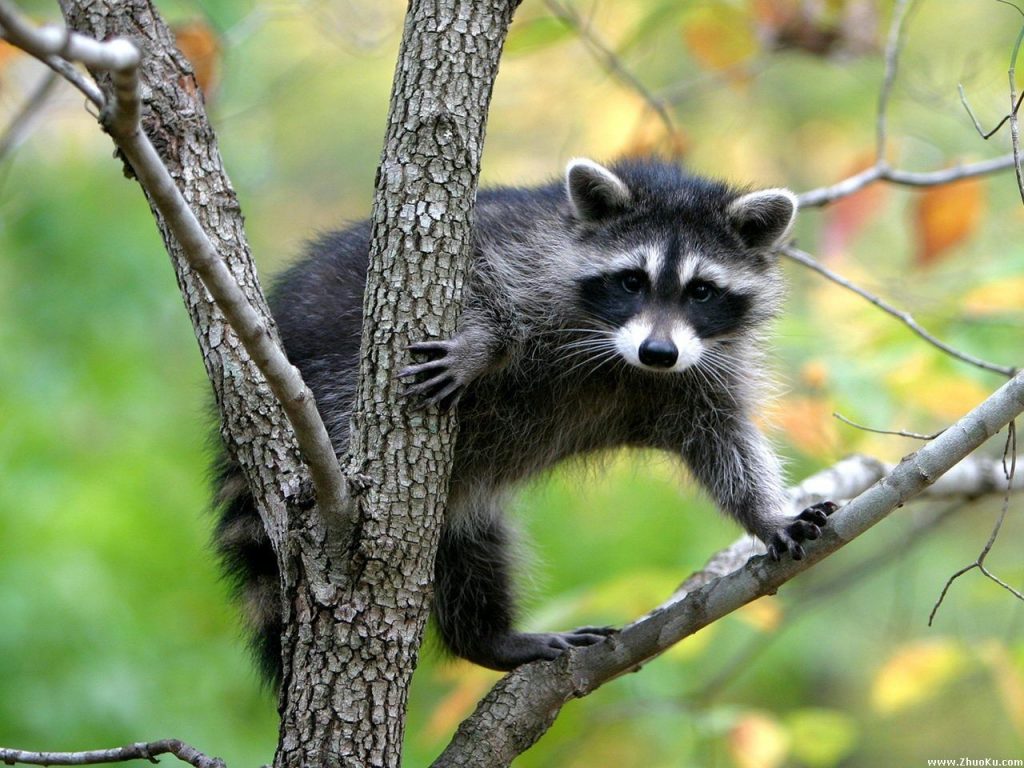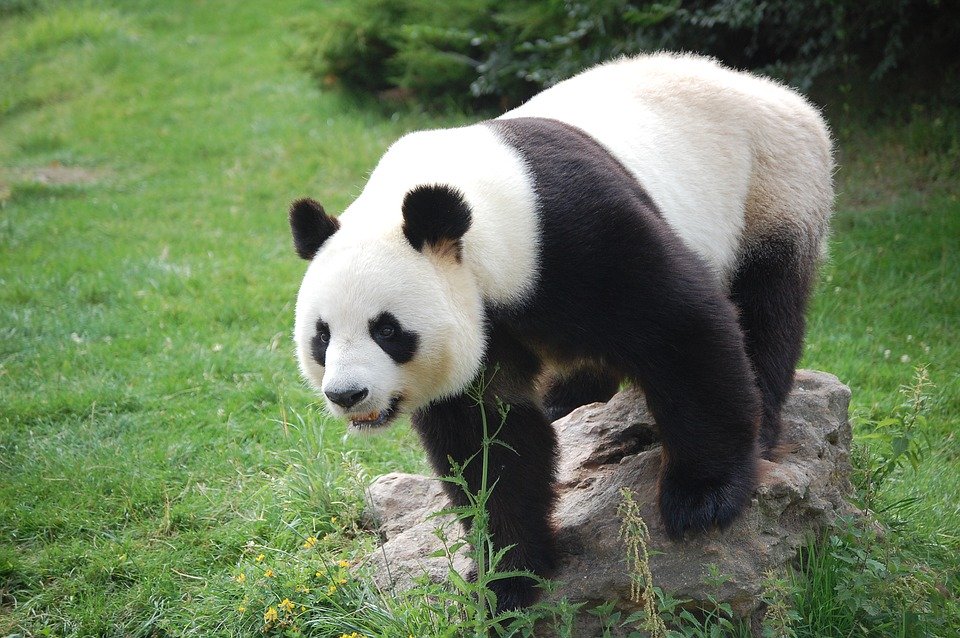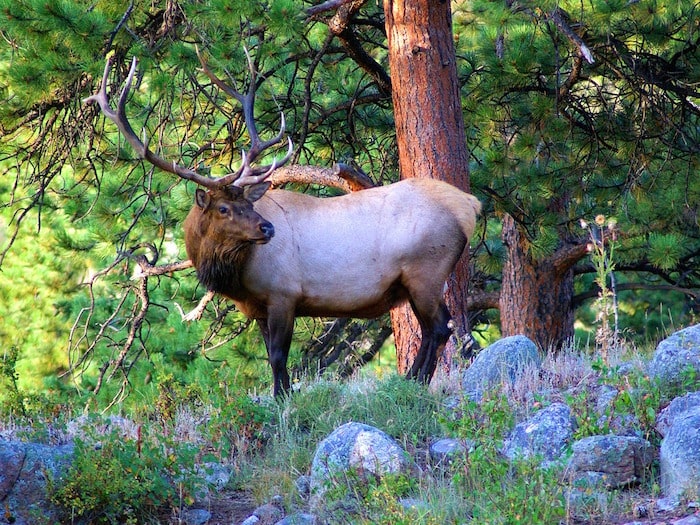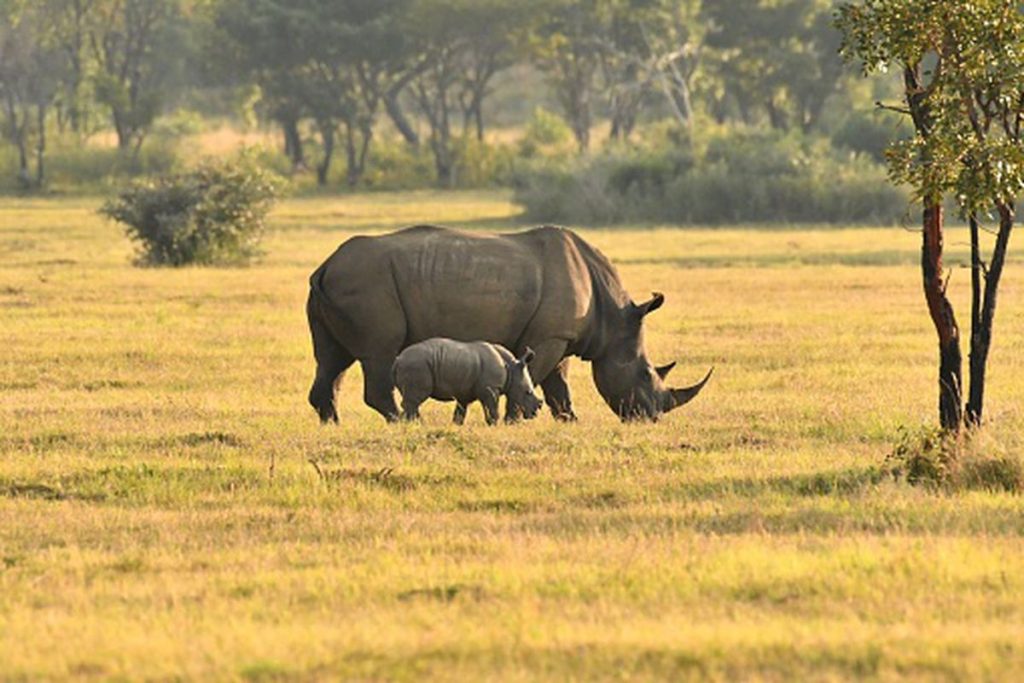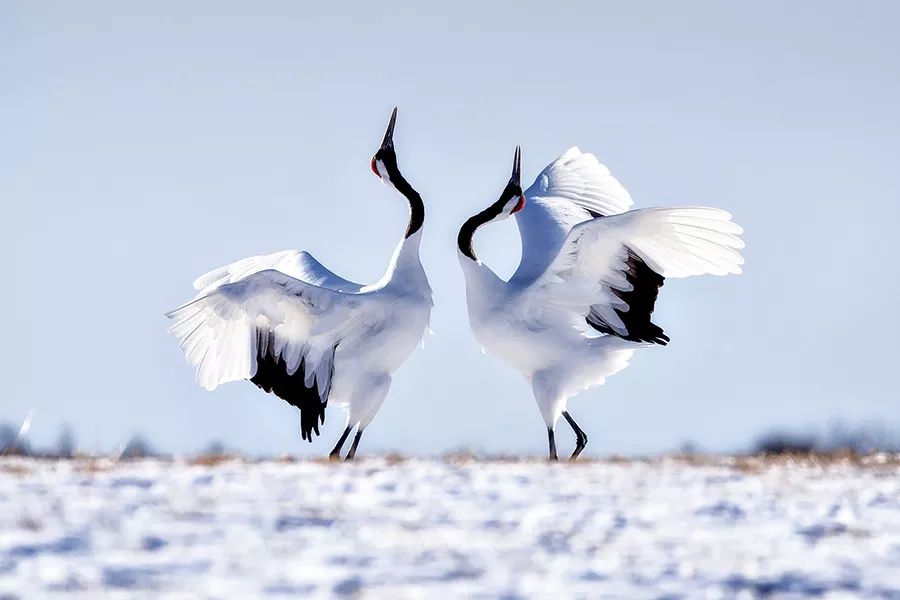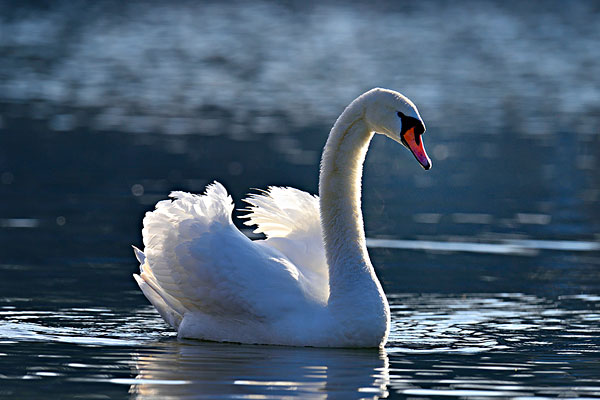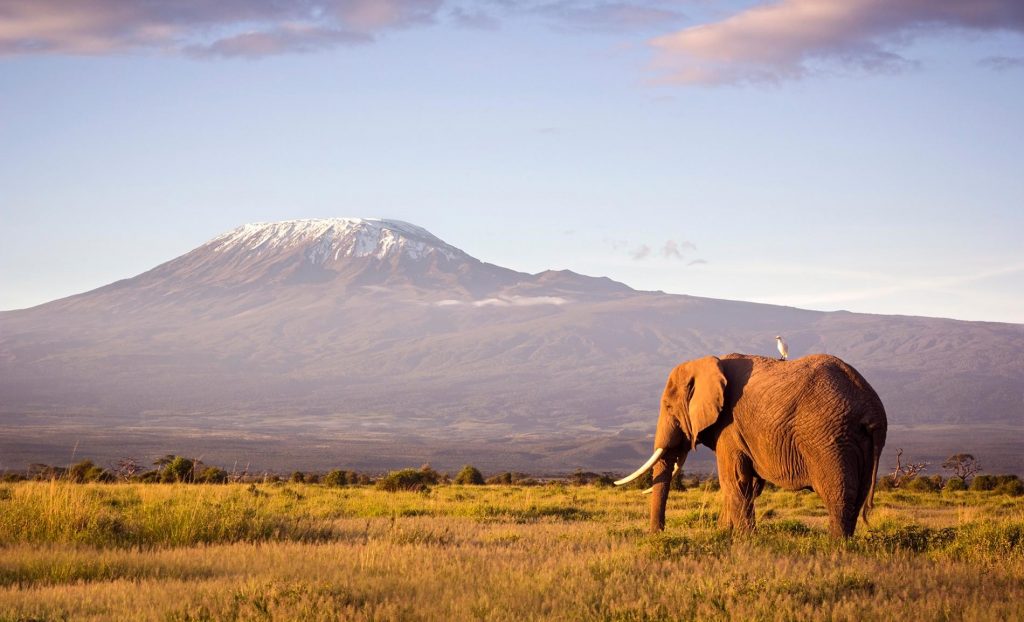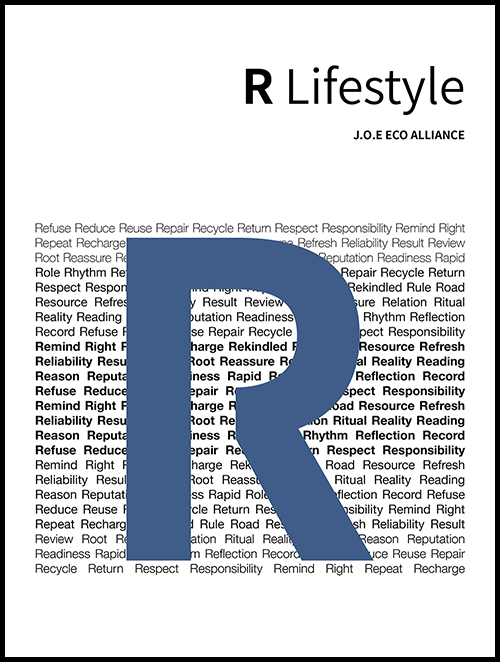为了全面禁止和惩治非法野生动物交易行为,革除滥食野生动物的陋习,维护生物安全和生态安全,有效防范重大公共卫生风险,切实保障人民群众生命健康安全,加强生态文明建设,促进人与自然和谐共生,十三届全国人大常委会第十六次会议24日下午表决通过了关于全面禁止非法野生动物交易、革除滥食野生动物陋习、切实保障人民群众生命健康安全的决定。决定自公布之日起施行。
决定明确规定,凡野生动物保护法和其他有关法律禁止猎捕、交易、运输、食用野生动物的,必须严格禁止。全面禁止食用国家保护的“有重要生态、科学、社会价值的陆生野生动物”以及其他陆生野生动物,包括人工繁育、人工饲养的陆生野生动物。全面禁止以食用为目的猎捕、交易、运输在野外环境自然生长繁殖的陆生野生动物。
决定规定了严厉惩治非法食用、交易野生动物的行为。对违反野生动物保护法和其他有关法律规定,猎捕、交易、运输、食用野生动物的,在现行法律规定基础上加重处罚。对本决定增加的非法食用和以食用为目的猎捕、交易、运输野生动物的行为,参照适用野生动物保护法等法律关于同类违法行为的处罚规定进行处罚。
对于鸽、兔等人工养殖、利用时间长、技术成熟,人民群众已广泛接受的人工饲养的动物,决定规定,列入畜禽遗传资源目录的动物,属于家畜家禽,适用畜牧法的规定。
决定还规定,因科研、药用、展示等特殊情况,需要对野生动物进行非食用性利用的,应当按照国家有关规定实行严格审批和检疫检验。国务院及其有关主管部门应当及时制定、完善野生动物非食用性利用的审批和检疫检验等规定,并严格执行。
决定要求,各级人民政府及其有关部门应当健全执法管理体制,明确执法责任主体,落实执法管理责任,加强协调配合,加大监督检查和责任追究力度,严格查处违反本决定和有关法律法规的行为;对违法经营场所和违法经营者,依法予以取缔或者查封、关闭。国务院及其有关部门和省、自治区、直辖市应当依据本决定和有关法律,制定、调整相关名录和配套规定。
China on Monday (Feb 24) declared an immediate and “comprehensive” ban on the trade of wild animals, a practice believed responsible for the deadly COVID-19 outbreak.
The country’s top legislative committee met on Monday and approved a proposal “on comprehensively prohibiting the illegal wildlife trade, abolishing the bad habit of overconsumption of wildlife, and effectively protecting the lives and health of the people”, state television reported.
The official Xinhua news agency said earlier on Monday that the proposal was submitted to the Standing Committee of the National People’s Congress (NPC).
“It aims to completely ban the eating of wild animals and crackdown on illegal wildlife trade,” it said.
The report added that the measure was aimed at “safeguarding public health and ecological security”.
The Standing Committee, which is responsible for convening the 3,000-member NPC, has postponed the annual session for the first time since the Cultural Revolution due to the health crisis.
The session was due to start early next month. A new date will be decided later, state broadcaster CCTV said.
Chinese health officials have said the virus likely emerged from a market in the central city of Wuhan that sold wild animals as food.
Late last month after the epidemic began exploding across the country, China ordered a temporary ban “until the national epidemic situation is over”.
The coronavirus has killed more than 2,500 people in China, infected 77,000 so far and paralysed its economy. It has spread to at least two dozen countries, infecting 1,500 people and killing nearly 30.
Conservationists accuse China of tolerating a shadowy trade in exotic animals for food or use in traditional medicines whose efficacy is not confirmed by science.
China instituted a similar temporary ban after the SARS (Severe Acute Respiratory Syndrome) virus killed hundreds of people in China and Hong Kong in 2002-03 and was also traced to wild-animal consumption.
But the wildlife trade soon resumed.
Health experts say it poses a significant and growing public health risk by exposing humans to dangerous animal-borne pathogens.
The exact source of the coronavirus remains unconfirmed, with scientists variously speculating it originated in bats, pangolins, or some other mammal.
Scientists say SARS likely originated in bats, later reaching humans via civets.
Civets, a cat-like creature, were among dozens of species listed as for sale by one of the merchants at the Wuhan market according to a price list that circulated on China’s internet.
Other items included rats, snakes, giant salamanders and live wolf pups.
Source: Xinhua / Channel News Asia

